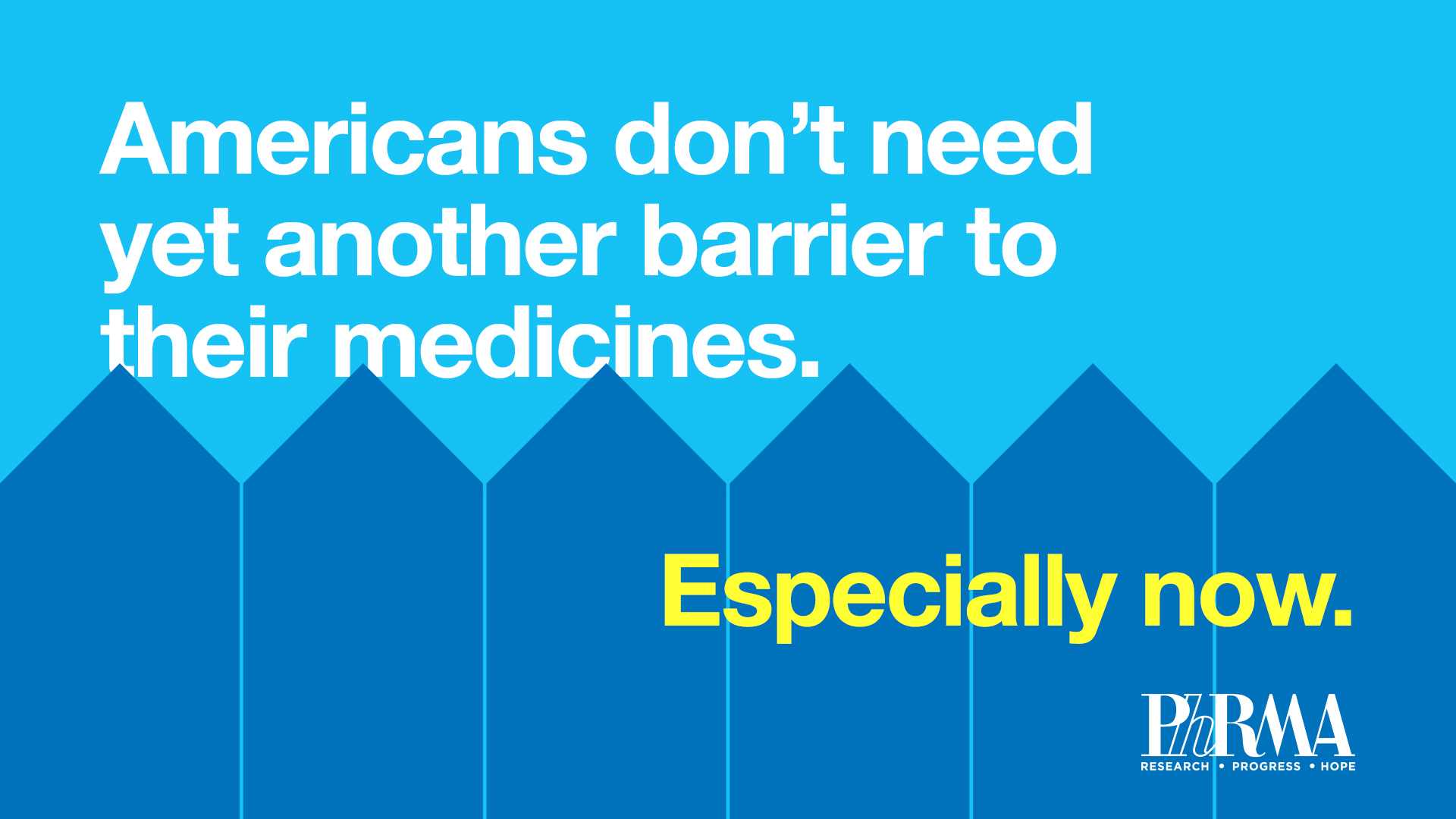| | | | | | | Presented By PhRMA | | | | Axios AM | | By Mike Allen · Apr 26, 2022 | | Good Tuesday morning. Smart Brevity™ count: 1,180 words ... 4½ mins. Edited by Justin Green. | | | | | | 1 big thing: How Musk won Twitter |  | | | Photo illustration: Sarah Grillo/Axios. Photo: Britta Pedersen-Pool via Getty Images | | | | Twitter's board had a choice: Continue to fight Elon Musk or take the path of least resistance. It picked the latter, declaring victory and going home, Axios Pro Rata author Dan Primack reports. - Why it matters: Twitter is a tough business to manage, with critics at every turn. The board decided to make it someone else's problem.
💡 Between the lines: Twitter's board had reasons to reject Musk, but made a completely defensible decision. It took an all-cash offer at a decent premium, without a rival bid, at a time when consumer tech stocks are sagging. Flashback: Twitter originally welcomed Musk into the fold, offering him a board seat when he disclosed a 9.2% ownership stake, - Then Musk changed his mind and launched his takeover effort. Twitter turned cold, adopting a defensive measure — a poison pill.
What changed: Musk's announcement last Thursday that he'd secured financing for his bid, via a combination of his own cash and debt from Morgan Stanley, seems to be the factor that turned the tide. - Before that, Twitter's board could fall back on the argument that Musk's talk was bigger than his walk — like when he tried taking Tesla private in 2018.
We still don't know exactly what happened behind the scenes, but Twitter's board capitulated. - Musk never raised his price. Twitter also was unable to secure a "go-shop" agreement, which would have allowed the company to solicit superior bids.
- It doesn't sound like the board got any operational concessions, like maintaining employee levels or the ban on former President Trump.
During an all-hands employee meeting after the deal was announced, CEO Parag Agrawal and board chair Brett Taylor basically replied to such questions with: Ask Elon. |     | | | | | | 2. 🧠 Charted: Twitter's weak spot |  Data: FactSet. Chart: Axios Visuals Twitter stock has basically gone sideways since it opened at $45 per share in November 2013, Felix Salmon writes for Axios Markets. - Why it matters: If shareholders had any realistic hope that the share price might be able to follow the trajectory of other social-networking companies — including Facebook (now Meta) or ByteDance or Snap — they would never have accepted Elon Musk's offer.
Between the line: Twitter's board was duty-bound to focus on financial performance and share price, first and foremost. Musk has other priorities — which is just as well, given Twitter's historical inability to make profits commensurate with its cultural reach and power. - Go deeper: Transaction came together at breakneck speed.
|     | | | | | | 3. Musk in his own words | | Elon Musk re-upped, for his 84.7 million followers, his own quote from Twitter's press release announcing the sale: And he set the stage six days earlier with this: 🎤 P.S. Late-night comics tittered about Elon Musk buying Twitter. James Corden of CBS' "The Late Late Show" (via N.Y. Times): - "Imagine having so much money that you think it's a good idea to buy hell."
|     | | | | | | A message from PhRMA | | Out-of-pocket costs create significant barriers to care | | |  | | | | New data show that 35% of insured Americans spent more on out-of-pocket costs than they could afford in the past month. The story: Many patients are experiencing an insurance system that isn't working for those who need care. Learn how insurance is leaving patients exposed to deepening inequities. | | | | | | 4. 🌐 New cold war begins | | A Ukrainian soldier looks yesterday at a Russian ballistic missile's booster stage, which fell in a field in Bohodarove, eastern Ukraine. Photo: Yasuyoshi Chiba/AFP via Getty Images The war is growing from a battle over Ukraine to a long Washington v. Moscow conflict, the N.Y. Times' David E. Sanger writes (subscription). - Why it matters: By casting the American goal as a "weakened" Russia, Biden officials "are becoming more explicit about the future they see: years of continuous contest for power and influence with Moscow that in some ways resembles what President John F. Kennedy termed the 'long twilight struggle' of the Cold War."
⚡ The latest: Russia's top diplomat, Foreign Minister Sergei Lavrov, warned Ukraine against provoking World War III, and said the threat of a nuclear conflict "is real" and "should not be underestimated." |     | | | | | | 5. 🔮 What Blinken will tell Congress | | Secretary of State Tony Blinken shakes hands Sunday with Ukrainian President Volodymyr Zelensky in Kyiv. Photo: Ukrainian Presidential Press Office via Getty Images Secretary of State Tony Blinken, in his first public appearance since returning from Kyiv, this morning will be grilled by the Senate Foreign Relations Committee about the administration's response to the war, Axios' Alayna Treene reports. - Why it matters: Blinken is expected to shed more light on the administration's plans to send American diplomats back to Ukraine this week, as well as President Biden's decision to nominate Bridget Brink, the current U.S. ambassador to Slovakia, to fill the ambassadorial post in Kyiv that has been vacant since 2019, a senior State Department official tells Axios.
Blinken will "share his impressions of his time traveling the countryside and arriving in Kviv," the official added. "This is territory that Russia thought it could conquer within hours. Instead, it's free of Russian forces with life returning to normal precisely because the Ukrainians, aided by our security assistance, are winning and pushed the Russians out." - "Ukraine is winning. Ukraine will win."
Keep reading. |     | | | | | | 6. Scoop: Many COVID pills go unused |  | | | Illustration: Annelise Capossela/Axios | | | | The Biden administration's latest COVID problem: There are plenty of oral treatments — but only a fraction of the available federal supply is reaching patients, Axios' Caitlin Owens reports. - Why it matters: A large part of the justification for dropping pandemic precautions is that we now have effective COVID treatments available for people at risk of severe illness. The question is how easily patients can get them.
The administration will announce a series of actions this morning aimed at making oral antivirals more accessible — and to make sure patients and providers know about them. - Beginning this week, pharmacies in the federal antiviral program will be allowed to order doses directly from the federal government. The administration expects that will as much as double the number of locations in which the pills are available from the current 20,000.
- The administration will also establish new federally-supported test-to-treat sites, and ramp up efforts to educate providers and the public about the availability of the oral antivirals and who should take them.
State of play: Paxlovid, Pfizer's highly effective antiviral pill, was in short supply a few months ago when it was first authorized for use, but that's no longer the case. - The federal government is making 175,000 doses of Paxlovid available each week, according to HHS data. The doses are allocated to states, the federal test-to-treat program and long term care facilities.
But states are ordering only two-thirds of what's available, and are administering half of what they order, a senior Biden official told Axios. - In total — including the federal test-to-treat program and what states have ordered —47,000 doses were administered the week of April 17.
Share this story. |     | | | | | | 7. 📊 Georgia poll: Kemp, Walker run far ahead |  Data: AJC poll by the University of Georgia's School of Public & International Affairs Survey Research Center (886 likely primary voters; margin: ±3.3 points). Chart: Simran Parwani/Axios Georgia Gov. Brian Kemp (R) is running far ahead in his re-election bid, Axios Atlanta's Thomas Wheatley writes from an Atlanta Journal-Constitution poll out this morning. - Kemp polled at 53.3% in the GOP primary, leading former U.S. senator David Perdue (26.8%), who is endorsed by former President Trump.
Heisman Trophy winner Herschel Walker, endorsed by Trump, has a massive lead in his bid for the GOP nomination to challenge Democratic U.S. Sen. Raphael Warnock. - The primary is May 24. Early voting starts Monday.
Go deeper. |     | | | | | | 8. 🥊 Parting shot | | Jon Stewart accepts the prize. Photo: Kevin Wolf/AP Jon Stewart, 59, at the Kennedy Center on Sunday night, as he accepted the 23rd annual Mark Twain Prize for American Humor, airing June 21 on PBS (via N.Y. Times): - "Comedy doesn't change the world, but it's a bellwether ... We're the banana peel in the coal mine."
Go deeper. |     | | | | | | A message from PhRMA | | Voters want Congress to address health insurance | | |  | | | | According to a new poll, 71% of Americans would like to see Congress focus more on reducing the overall costs of health care coverage such as premiums, deductibles and copays. The reason: Many believe current health insurance coverage options are confusing and unaffordable. | | | | 📬 Invite your friends to sign up here to get their daily essentials — Axios AM, PM and Finish Line. |  | It's called Smart Brevity®. Over 200 orgs use it — in a tool called Axios HQ — to drive productivity with clearer workplace communications. | | | |
Post a Comment
0Comments